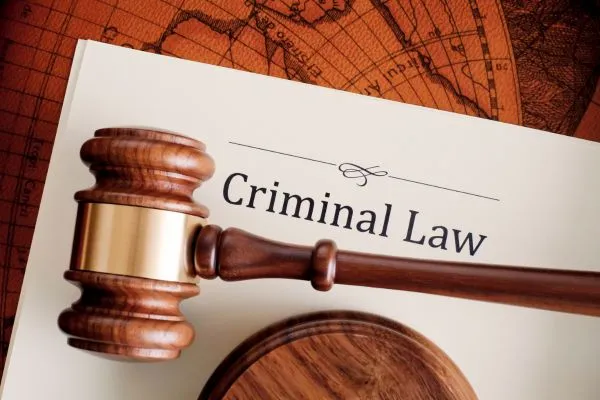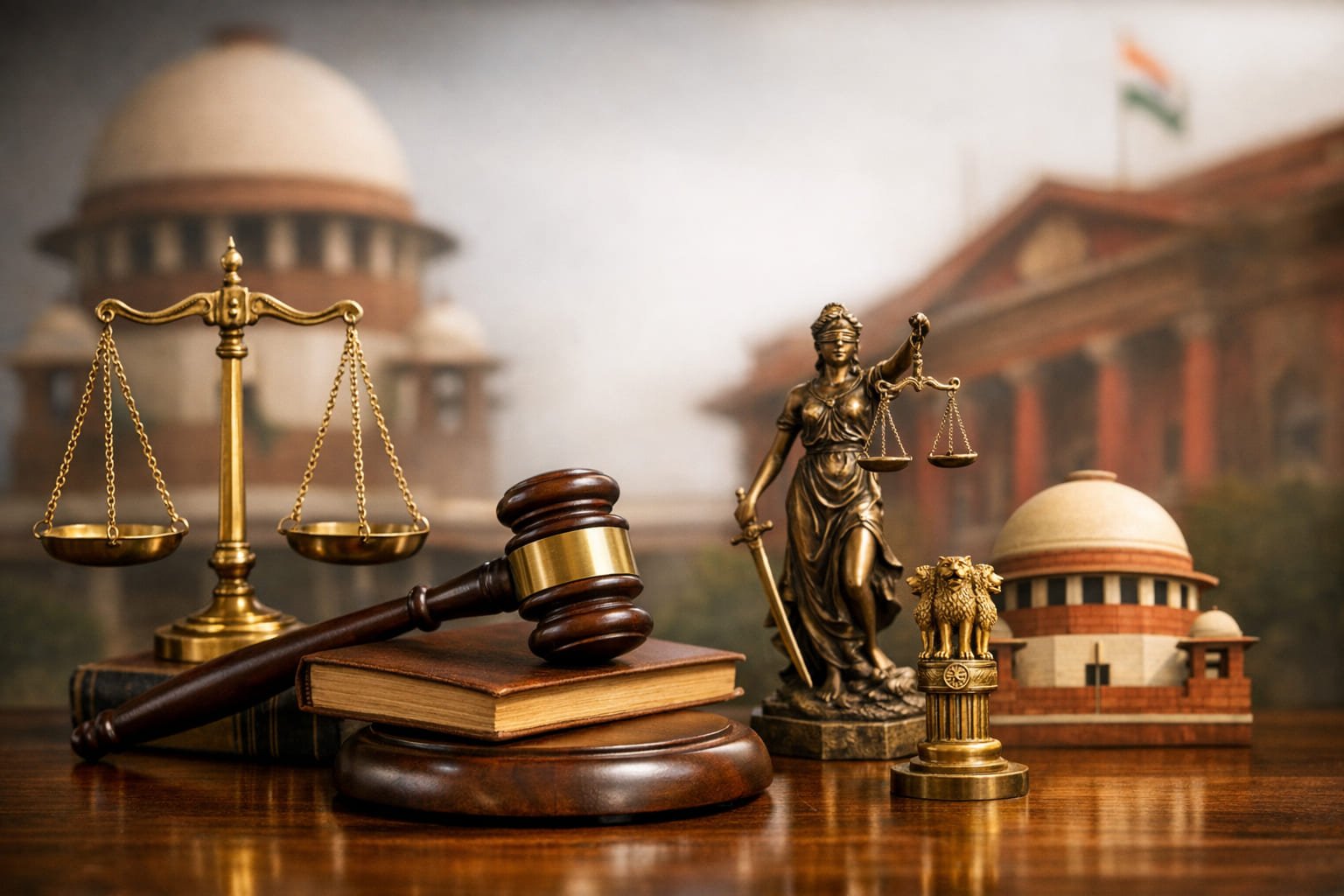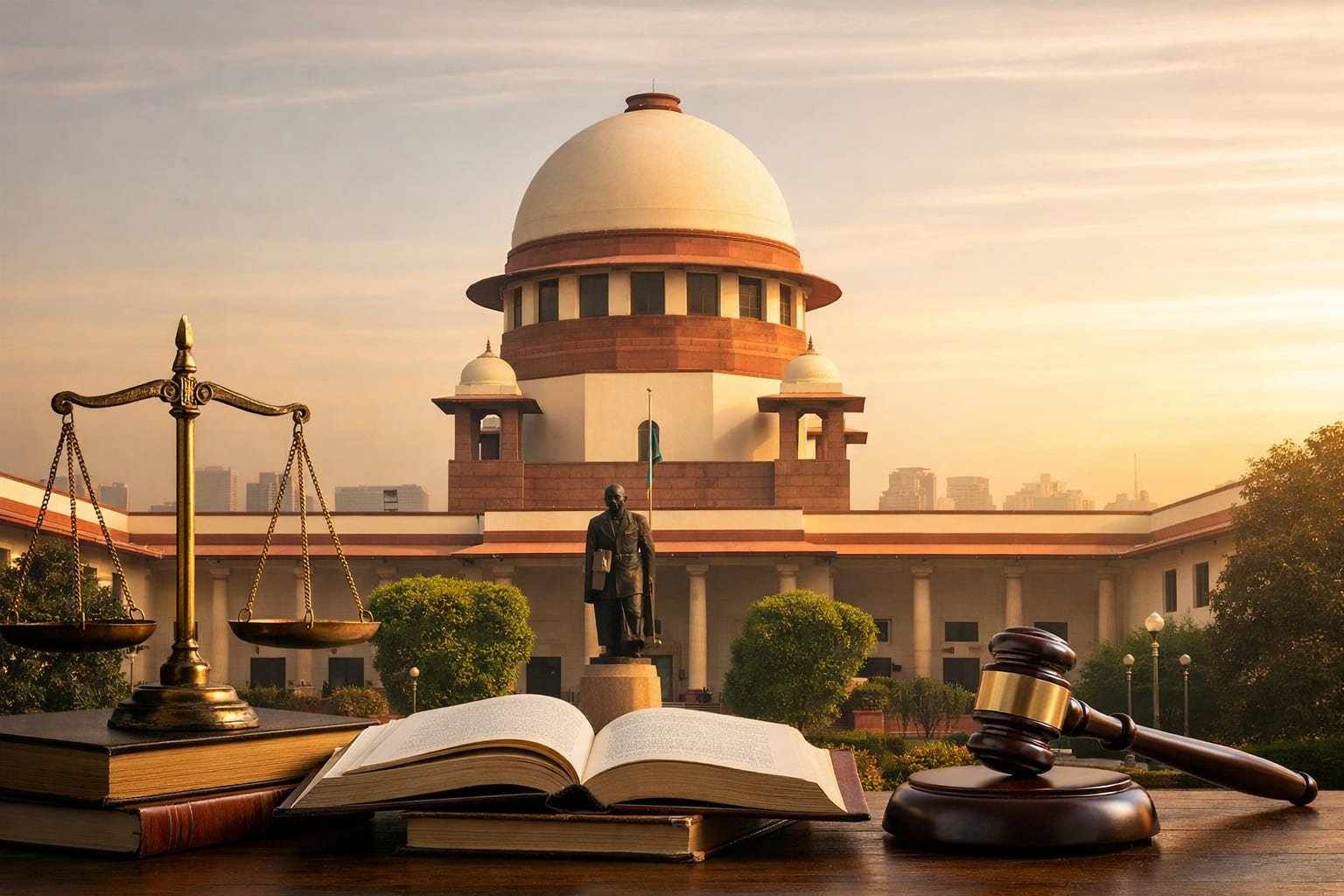Criminal laws in India form the foundation of the country’s legal framework, defining offenses, outlining punishments, and establishing procedures for the prosecution of those accused of crimes. These laws are essential for maintaining public order, ensuring justice, and protecting the rights of individuals. If you’re dealing with any criminal matter in Delhi, having the right legal representation is crucial, and this is where the expertise of Patrons Legal and their team of criminal lawyers in Delhi becomes invaluable. Here’s an overview of the key criminal laws in India:
1. Indian Penal Code (IPC), 1860
- The IPC is the core criminal code of India, detailing various offenses, from theft and assault to murder and fraud, along with their respective punishments.
2. Code of Criminal Procedure (CrPC), 1973
- The CrPC sets out the procedure for the administration of criminal law in India, including the processes for investigation, arrest, bail, trial, and appeals.
3. Indian Evidence Act, 1872
- This Act governs the rules of evidence in Indian courts, defining what is considered admissible and how evidence should be presented and evaluated during a trial.
4. The Narcotic Drugs and Psychotropic Substances Act (NDPS), 1985
- The NDPS Act regulates the control of narcotic drugs and psychotropic substances, prescribing penalties for offenses related to their production, sale, and possession.
5. The Prevention of Corruption Act, 1988
- This law targets corruption in public offices, defining various forms of corrupt practices and prescribing stringent penalties for those found guilty.
6. The Protection of Children from Sexual Offences (POCSO) Act, 2012
- POCSO provides protection for children against sexual abuse, assault, and exploitation, laying down child-friendly procedures for the investigation and trial of such offenses.
7. The Domestic Violence Act, 2005
- This Act offers protection to women from domestic violence, defining forms of abuse and providing legal recourse and protection orders.
8. The Juvenile Justice (Care and Protection of Children) Act, 2015
- This law focuses on the treatment of juveniles in conflict with the law, as well as the care and protection of children in need.
9. The Scheduled Castes and the Scheduled Tribes (Prevention of Atrocities) Act, 1989
- This Act aims to prevent atrocities against members of the SC/ST communities, providing special protections and penalties for offenders.
10. The Arms Act, 1959
- Regulates the possession, manufacture, and sale of arms and ammunition, requiring licenses and imposing penalties for violations.
Why Choose Patrons Legal?
Navigating the complexities of criminal law requires not just knowledge but also experience and strategy. The criminal lawyers at Patrons Legal in Delhi are well-versed in all aspects of these laws. They offer expert legal representation, ensuring that your rights are protected at every stage of the legal process, from investigation and bail hearings to trial and appeal. Whether you are a complainant or an accused, having skilled lawyers by your side can make a significant difference in the outcome of your case.








Leave a Reply